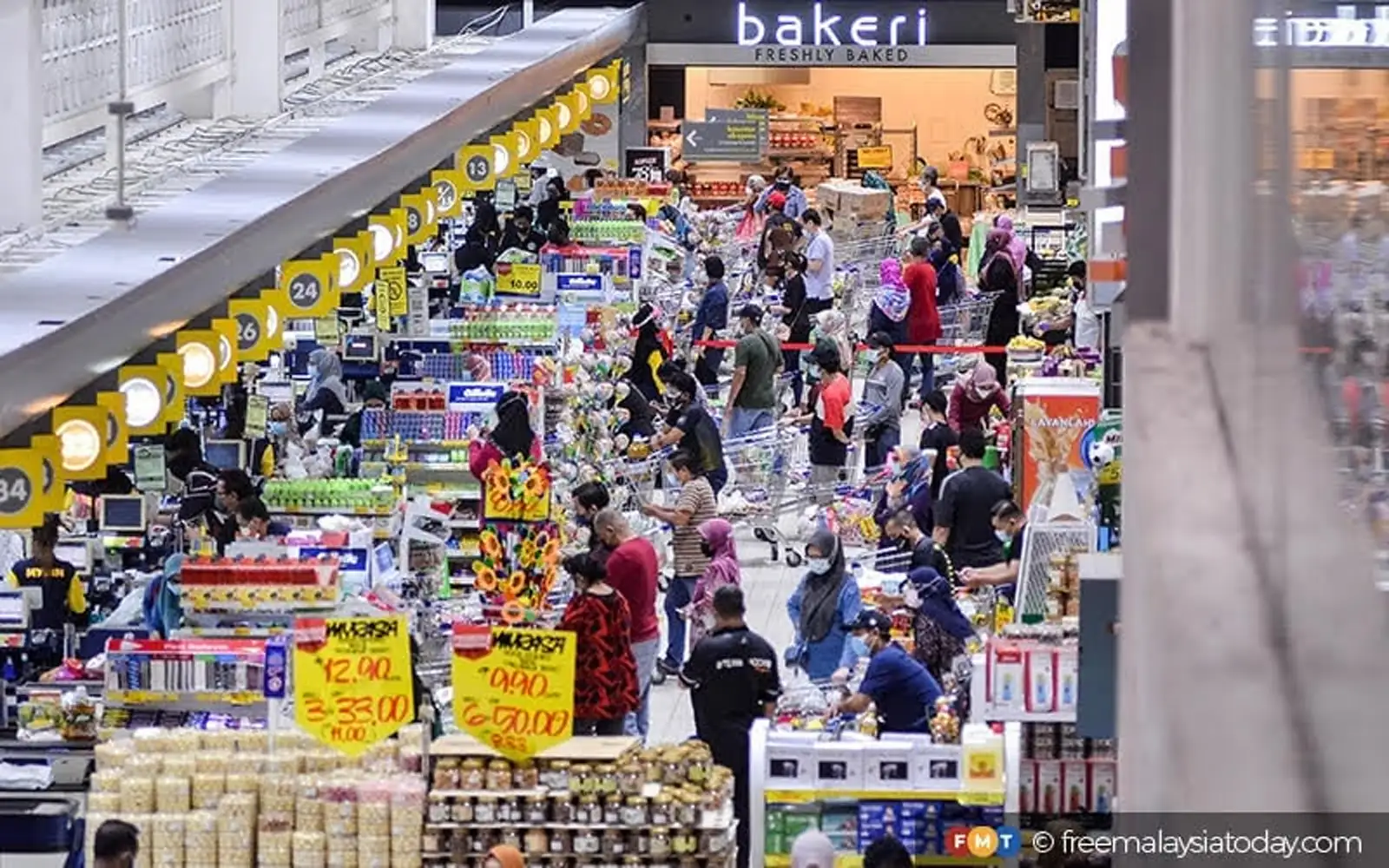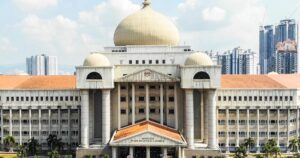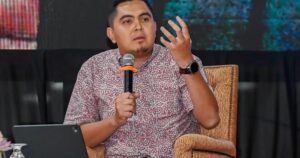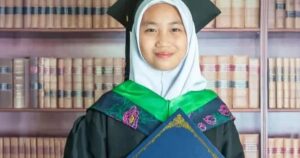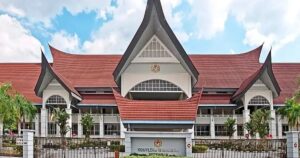
Prime Minister Anwar Ibrahim has rejected a call by a backbencher to delay the expanded rollout of the sales and service tax (SST), saying that this would harm the government’s fiscal position and its ability to serve the public.
Anwar, who is also the finance minister, said the SST’s expansion was expected to generate RM5 billion in additional revenue in the second half of this year and RM10 billion for the full year in 2026.
“The proposal to delay the expansion of the SST’s scope would result in our failure to achieve revenue targets,” he told Lim Guan Eng (PH-Bagan) in a written parliamentary reply.
“This, in turn, would affect the government’s fiscal position and its ability to carry out its responsibilities to the people.”
Lim, a former finance minister, had asked whether the government could postpone the expansion of the SST’s scope until the economy improves.
The SST’s expansion took effect on July 1.
Lim, a former Penang chief minister, also asked whether Putrajaya could disclose how much of the new tax burden falls on citizens versus non-citizens.
Anwar said that such a breakdown could not be accurately determined as the tax system generally does not record revenue based on taxpayers’ citizenship status.
He added that most of the new taxes applied to higher-end or non-essential services, such as private healthcare and education services for foreigners but not locals.
He added that small clinics earning less than RM1.5 million annually and landlords with rental income under RM500,000 a year were exempted.
The finance ministry announced last month that a 5% to 10% tax rate would be applied to non-essential goods, while the service tax would be extended to cover rentals, leasing, construction, financial services, private healthcare, and education.
However, it said imported apples and oranges would be exempted from the tax, citing affordability issues for lower-income groups such as the B40. Beauty services like manicures, pedicures, facials, and hairdressing were also excluded following public feedback.
